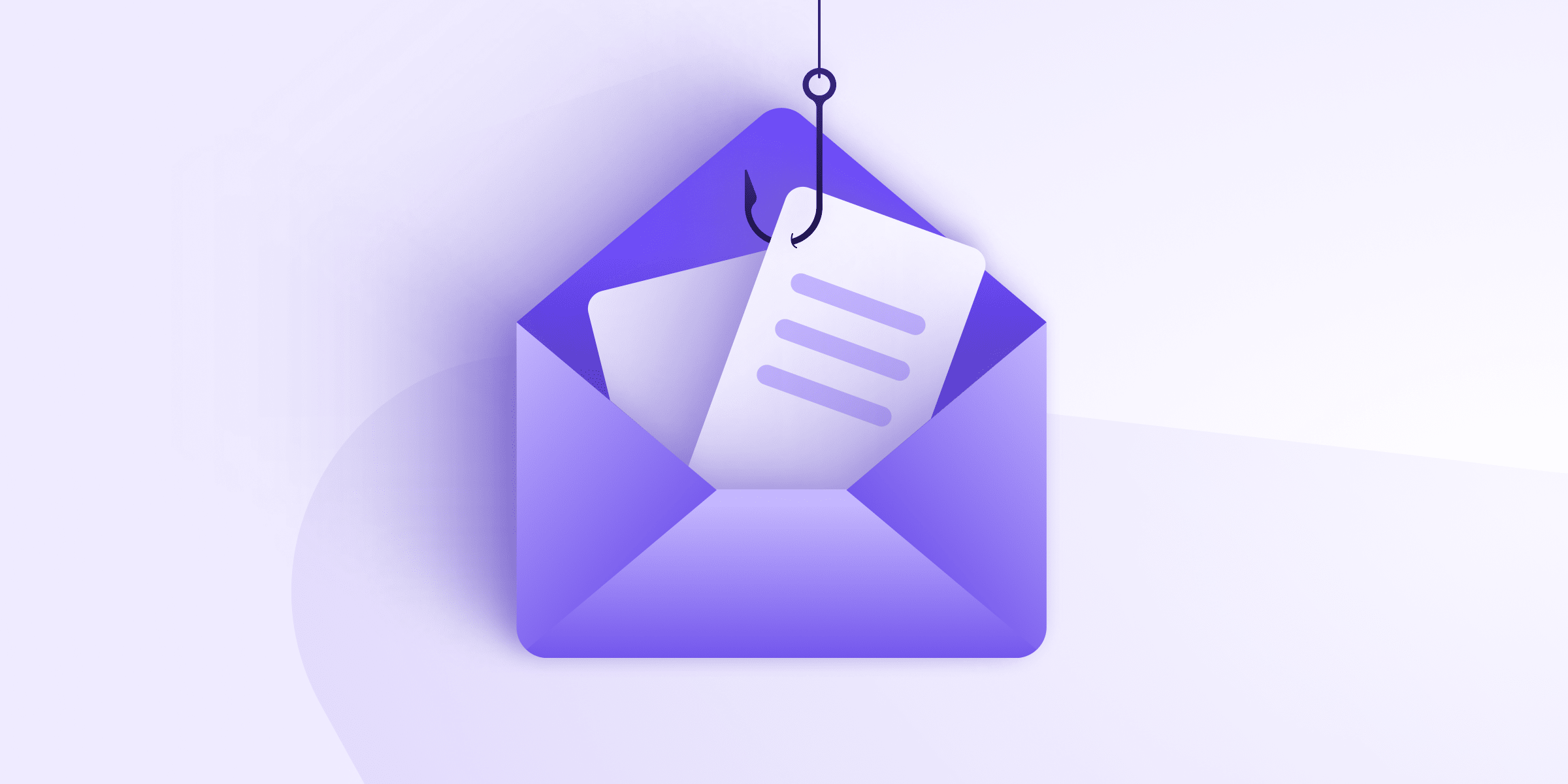August 13th, 2015 (Geneva, Switzerland)
Proton Mail, a leader in email security and privacy, is announcing today that it is releasing the 2.0 version of its popular email service. The 2.0 release is the biggest update since Proton Mail was first launched in May 2014 by a group of scientists who met at CERN. The company is also announcing that Proton Mail 2.0 will be released as free and open source software with all source code available online.
In the wake of the Edward Snowden leaks, Proton Mail has witnessed explosive growth and is today used worldwide by over half a million business professionals, journalists, activists, and private individuals. The company has garnered global support and last summer set a crowdfunding record(new window) for a software technology project by raising $550,000 online. Since then, the company has raised an additional $2M from private and non-profit investors(new window). The company’s innovative email service distinguishes itself with its ease of use that allows anyone, regardless of technical skill, to benefit from end-to-end email encryption.
Version 2.0 of Proton Mail continues to focus on user friendliness and introduces a number of new features and performance enhancements that offer an innovative and more secure email experience. Existing privacy features such as ephemeral expiring emails similar to Snapchats have been enhanced and made easier to use. While Proton Mail has open sourced its cryptography from day one, the release of version 2.0 takes this one step forward by open sourcing the entire webmail client.
“We are committed to protecting the privacy of our users worldwide and we know that trust is important,” says Proton Mail Co-Founder Andy Yen. “that’s why we have completely open sourced our web email client.”
The company will extend its open source philosophy to its upcoming mobile applications for iOS and Android. In the coming months, the company will also be expanding its datacenters in Switzerland, where the service is hosted under the protection of strict Swiss privacy laws. In the past year, there has been so much demand that the company has been forced to institute a waiting list for Proton Mail accounts.
“We are confident that we will be able to remove the waiting list within the next two months with our upcoming datacenter expansion,” says Andy Yen. “This will allow us to grow our user base to the point where encrypted email becomes the norm rather than the exception.”
About Proton Mail
Proton Mail is a service offered by Proton AG (Switzerland). Proton Mail was founded in summer 2013 by scientists who met at CERN and were drawn together by a shared vision of a more secure and private Internet. Today, our core team also includes scientists from ETH Zurich, Caltech, and Harvard, and we specialize in building the secure and private online communications platforms of the future. Every day, the Proton Mail team, with the assistance of supporters from around the world, works to advance internet security and privacy.
For more information, please visit:
https://proton.me/
Contact:
media@proton.me

















